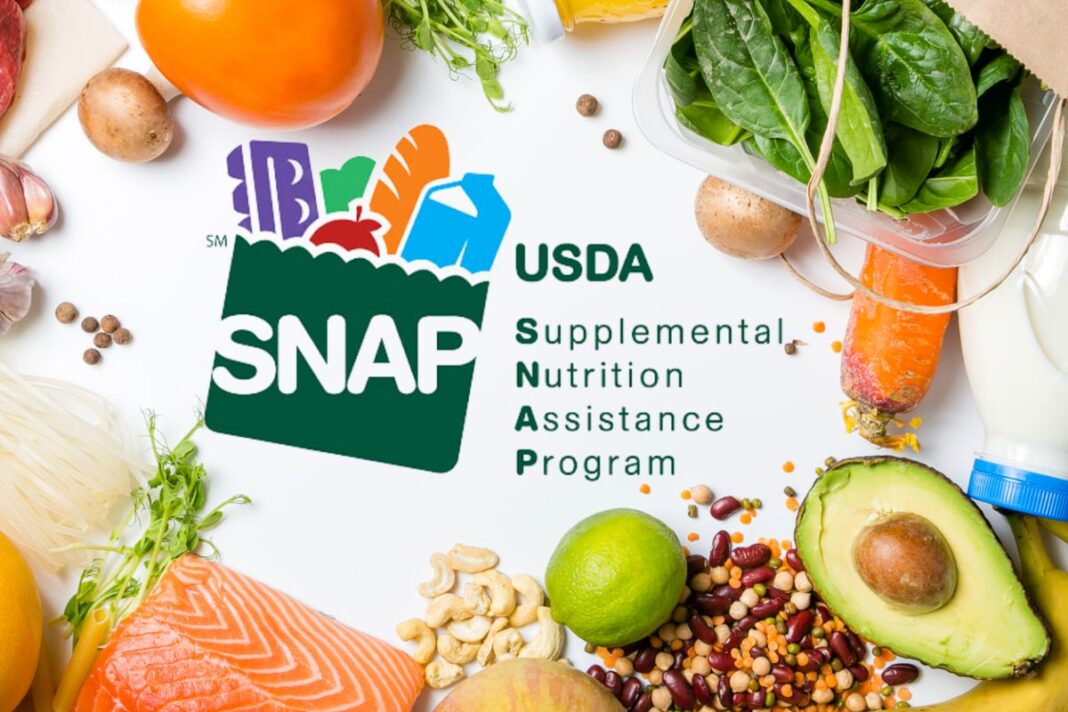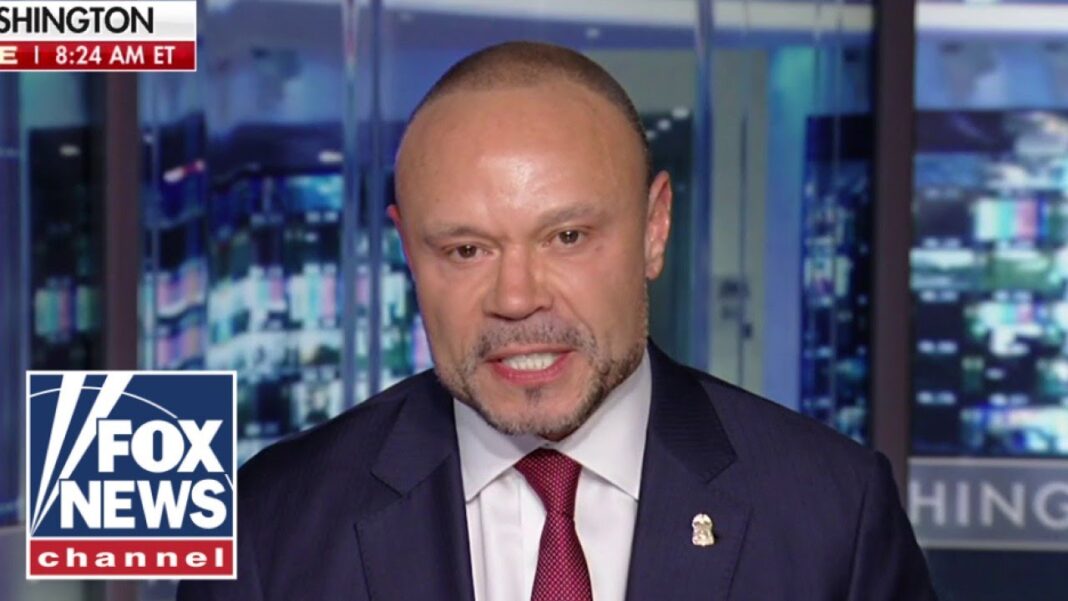USDA Secretary Brooke Rollins delivered a similar warning about the funds running out on Nov. 1.
Multiple states have warned that the ongoing government shutdown could soon halt Supplemental Nutrition Assistance Program (SNAP) benefits, often called food stamps.
While U.S. Department of Agriculture (USDA) Secretary Brooke Rollins told reporters this past week that the SNAP program is expected to run out of funding starting on Nov. 1, several states have begun to issue warnings.
The West Virginia Department of Human Services stated in a Facebook post on Oct. 18 that it is “very likely” that the government shutdown would delay SNAP benefits being sent out in November if the federal government is not reopened “in the coming days.”
The agency noted that the USDA’s Agriculture Food and Nutrition Service had told the state to delay its October benefits that were approved on or after Oct. 16.
In a statement on its website, the Minnesota Department of Children, Youth, and Families stated that it received a USDA notice that SNAP won’t be available if the shutdown persists into November. A similar message was posted by the Illinois Department of Human Services.
In a bulletin on its website, the Pennsylvania Department of Human Services stated that starting on Oct. 16, SNAP benefits won’t “be paid until the federal government shutdown ends and funds are released” to Pennsylvania.
“We will notify SNAP recipients when payments can resume, and we will let you know when to expect SNAP payments,” the health agency said. “Please be patient and respectful to our staff while we try to assist you through these changes caused by the federal government shutdown.”
In Texas, the state’s health agency stated that residents will not receive SNAP benefits for November if the shutdown persists past Oct. 27.
Rollins, the USDA secretary, warned on X that SNAP is going to run out on Nov. 1 for about 40 million people. She pinned the blame on Democratic lawmakers.
“Democrats are putting free healthcare for illegal aliens and their political agenda ahead of food security for American families,” she said.
Democrats are insisting that any government funding bill must include help for millions of Americans who will lose health insurance coverage or face dramatically higher monthly premiums. Republicans say that talks on health care should be held after the government is reopened.
The shutdown began on Oct. 1 after Congress could not come to an agreement on an appropriations bill for fiscal year 2026, which began that day.








